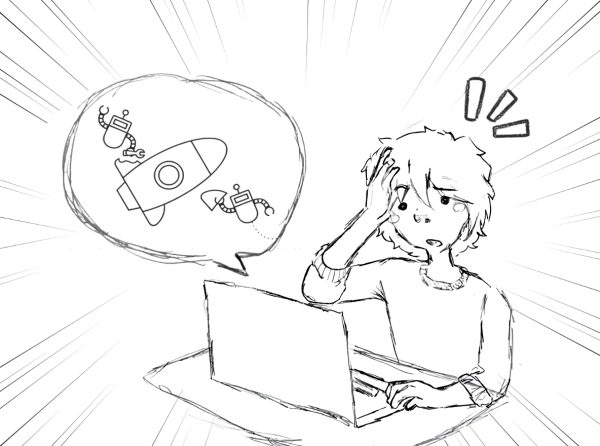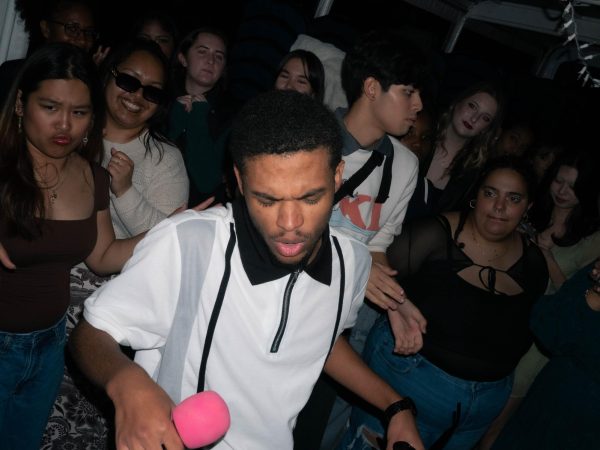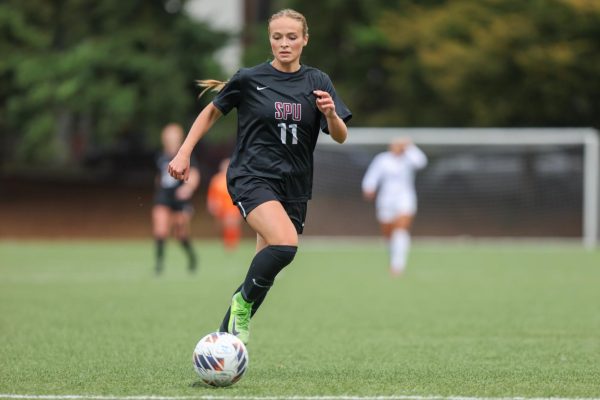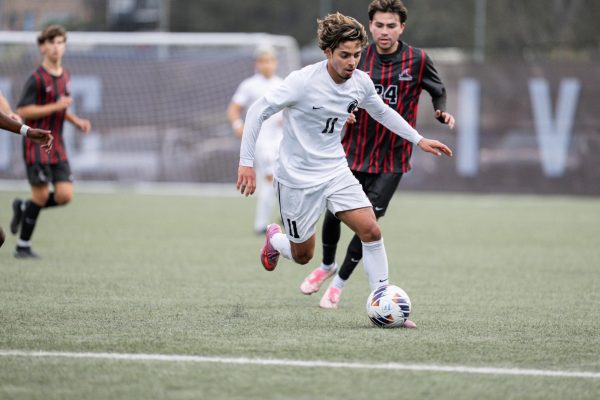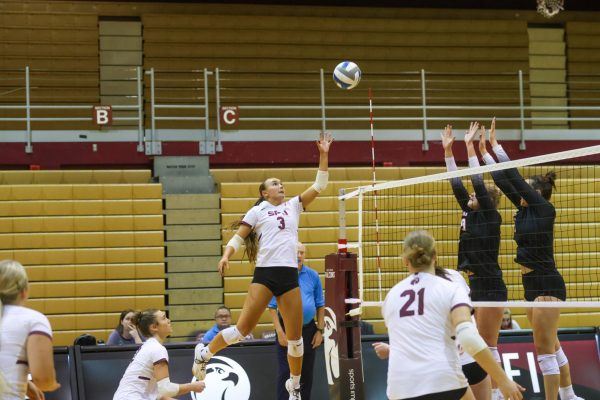Students and staff respond to Chauvin verdict
Guilty verdict just the beginning of path toward justice
May 5, 2021
In the wake of former Minneapolis police officer Derek Chauvin’s conviction in the murder of George Floyd many students and staff at Seattle Pacific University were relieved, but also warned against letting up the fight for social justice.
On May 25, 2020, George Floyd was murdered by Officer Derek Chauvin while in police custody. On April 20, 2021, nearly a year later, Chauvin was found guilty of second-degree murder, third-degree murder, and second-degree manslaughter..
Sandra Mayo, SPU’s Vice Provost for Inclusive Excellence, felt that the conviction was a relief, but also recognized that it has brought up painful memories.
“I think the results of the Chauvin trial were a relief for many in our community,” Mayo said. “But the trial was also traumatic and exhausting. Reliving the images is painful, especially for our Black faculty, students, and staff. Many of us still haven’t fully processed what we witnessed last May, and we continue to see Black and Brown lives taken in front of our eyes.”
Mayo encouraged students to access the resources SPU is offering in support of those who have been impacted by the recent incidents of social injustice. These resources can be found through both University Ministries and the Student Counseling Center.
According to Mapping Police Violence, there were only 18 days in 2020 where someone was not killed by police. Very few of the police officers responsible for these deaths have been put on trial.
Mayo believes that without the videos, Chauvin likely would have been acquitted, as many other officers have been.
“I grieve the brokenness at an individual and systemic level that led to the murder of George Floyd. While the verdict provides accountability, it does not restore brokenness. As a nation, we are still far from addressing systemic racism,” Mayo said.
First first year sociology and cultural studies major Kylynn Reid agreed that the conviction brought some amount of justice, but she feels that there is still much work to be done.
“I think people just have to remember that in the grand scheme of things this is just a drop in the bucket. We have so much more progress to make,” she said.
Although she believes it would take movement on a national scale for real change to occur, Reid stated that even individuals can contribute to healing our nation.
“I think that’s just really important to give all minorities a seat at the table, to talk about their own feelings about racial injustice in America, and not to exclude those who are maybe like a mixed ethnicity, like myself, and certainly not to try to speak over any minorities. Definitely just letting BIPOC people have room to breathe, grieve and also to voice their concerns and let them be loud about the things that we’re angry about,” she said




















































































